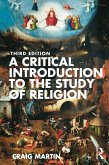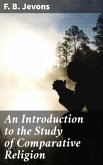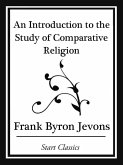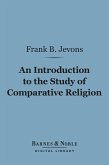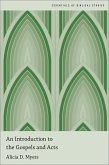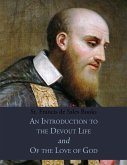2022 CHOICE Outstanding Academic Title
The purpose of this book is to fill a gap in contemporary mystical studies: an overview of the basic ways to approach mystical experiences and mysticism. It discusses the problem of definitions of "mystical experiences" and "mysticism" and advances characterizations of "mystical experiences" in terms of certain altered states of consciousness and "mysticism" in terms of encompassing ways of life centered on such experiences and states. Types of mystical experiences, enlightened states, paths, and doctrines are discussed, as is the relation of mystical experiences and mysticism to religions and cultures. The approaches of constructivism, contextualism, essentialism, and perennialism are presented. Themes in the history of the world's major mystical traditions are set forth. Approaches to mystical phenomena in sociology, psychology, gender studies, and neuroscience are introduced. Basic philosophical issues related to whether mystical experiences are veridical and mystical claims valid, mystics' problems of language, art, and morality are laid out. Older and newer comparative approaches in religious studies and in Christian theology are discussed, along with postmodernist objections. The intended audience is undergraduates and the general public interested in the general issues related to mysticism.
The purpose of this book is to fill a gap in contemporary mystical studies: an overview of the basic ways to approach mystical experiences and mysticism. It discusses the problem of definitions of "mystical experiences" and "mysticism" and advances characterizations of "mystical experiences" in terms of certain altered states of consciousness and "mysticism" in terms of encompassing ways of life centered on such experiences and states. Types of mystical experiences, enlightened states, paths, and doctrines are discussed, as is the relation of mystical experiences and mysticism to religions and cultures. The approaches of constructivism, contextualism, essentialism, and perennialism are presented. Themes in the history of the world's major mystical traditions are set forth. Approaches to mystical phenomena in sociology, psychology, gender studies, and neuroscience are introduced. Basic philosophical issues related to whether mystical experiences are veridical and mystical claims valid, mystics' problems of language, art, and morality are laid out. Older and newer comparative approaches in religious studies and in Christian theology are discussed, along with postmodernist objections. The intended audience is undergraduates and the general public interested in the general issues related to mysticism.
Dieser Download kann aus rechtlichen Gründen nur mit Rechnungsadresse in A, D ausgeliefert werden.



